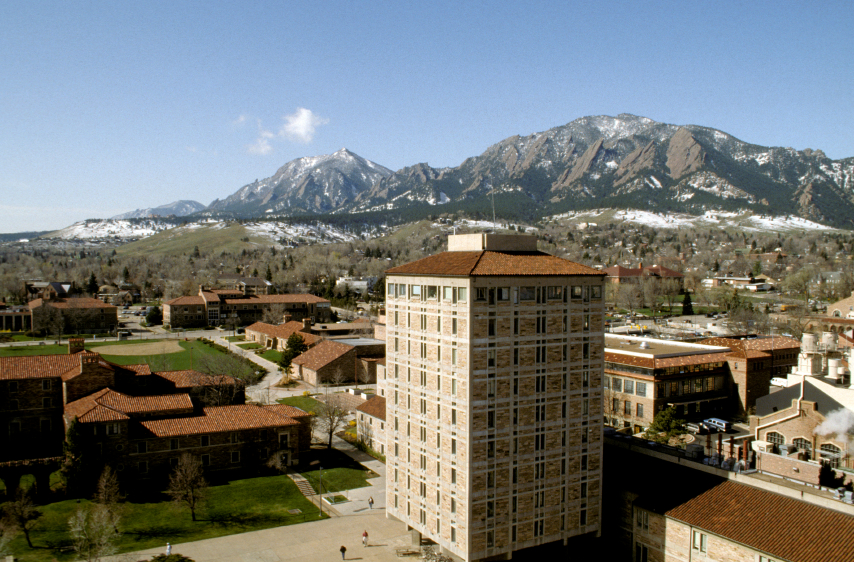Earlier this month the University of Colorado added political affiliation and political philosophy to its nondiscrimination policy. The perfectly reasonable, perhaps even noble, notion behind this move is that conservatives and Republicans should not be persecuted at an institution that is taxpayer funded and ostensibly devoted to academic freedom.
Still it seems a bit impractical. University conflicts, whether they are played out with administrators or just at faculty meetings, are rarely simply reducible such “discrimination.” So-and-so wasn’t given tenure because he voted for Mitt Romney? Maybe, but how would you prove it? There are all sorts of subtle issues of discrimination that lead to that point. Plenty of conservatives don’t even go into academia because they know the environment will be a hostile one.
For that matter, many liberal academics are completely unaware that they have a political bias. When asked to identify their political persuasion, most say it is “middle of the road,” or “moderate,” but when asked how they voted in the past several elections or about their positions on any number of political issues, it is obvious to any observer where they stand—somewhere to the left of Karl Marx. Would they even know that they have been discriminating against a conservative? Many would probably view conservative ideas as beyond the bounds of reasonable discourse.
Earlier this year, Steven Hayward started his position as “visiting scholar in conservative thought and policy” at UC Boulder. In that case too, there is reason to be glad that the university administration is aware of its onesidedness and is willing to do something about it. But like the new nondiscrimination policy, this faculty set aside is unlikely to move the needle on changing the liberal atmosphere on campus. Liberal faculty will probably see Hayward as a kind of endangered species to be kept around and humored, but it’s hard to see how that will change the experience students have.
In an interview with the Chronicle of Higher Education about the issue, Mark Bauerlein, who spent a year teaching at UC, said, "Trying to apply these antibias policies to personnel issues is a waste of time.” He suggested instead that each department review its curriculum to create more balanced syllabi. Which makes more sense, particularly since many conservative-leaning faculty simply keep their views to themselves, helping to ensure that their students never get to hear the other side of the political story.
The problem of political bias on campus is deep-seated and complex. Colorado is doing more than most states but it won’t be enough.






